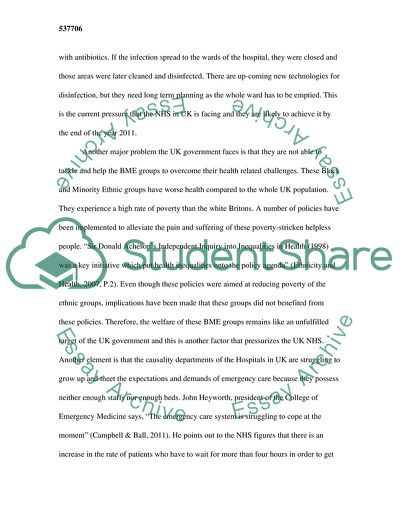Cite this document
(Health Care and Health Policy of the UK Assignment, n.d.)
Health Care and Health Policy of the UK Assignment. https://studentshare.org/health-sciences-medicine/1752788-health-care-and-health-policy
Health Care and Health Policy of the UK Assignment. https://studentshare.org/health-sciences-medicine/1752788-health-care-and-health-policy
(Health Care and Health Policy of the UK Assignment)
Health Care and Health Policy of the UK Assignment. https://studentshare.org/health-sciences-medicine/1752788-health-care-and-health-policy.
Health Care and Health Policy of the UK Assignment. https://studentshare.org/health-sciences-medicine/1752788-health-care-and-health-policy.
“Health Care and Health Policy of the UK Assignment”. https://studentshare.org/health-sciences-medicine/1752788-health-care-and-health-policy.


